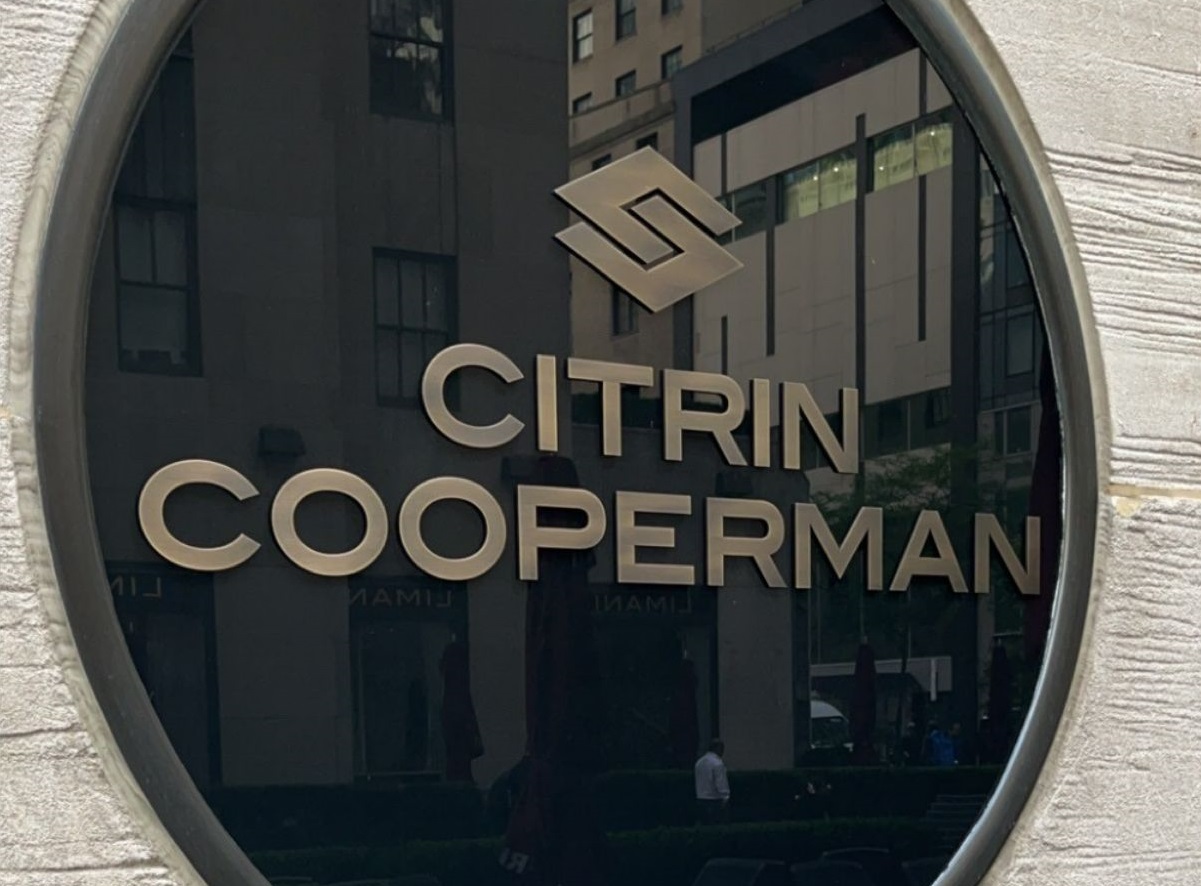When to use a collection agency
The general rule is that you should only hire a collection agency when a debtor is ignoring the debt. When this is the case, don’t hesitate to hire a collector because the probability of collections decrease 12% each month an invoice remains outstanding. If you don’t have time or the desire to get your customers to pay attention to your invoices, you can hire an accounts receivable manager. There are several outsourced solutions that SMBs can use for this, including InvoiceSherpa and Funding Gates.
Finding a collection agency
There are over 5,000 agencies in the US, each catering to different sized businesses, different geographies and different industries. Unfortunately, there’s no single source to help identify the best agency for your business, so finding the right agency is a trial-and-error process that involves searching online, word-of-mouth referrals, asking industry associations, etc. Once you find an agency, it’s important to make certain they are experienced, successful and in good standing with local and federal regulators. InsideArm, an online resource for the debt industry, provides a helpful guide that walks you through how to find the right collection agency. For users of cloud accounting software, the CollBox app provides a free service that automatically matches your delinquent invoices with the best collector in its network of vetted collection agencies (full disclosure: I am an investor in CollBox).
Cost of using a collection agency
Collection agencies generally charge on a contingency basis, which means you will only have to pay if they make a collection. The average contingency fee ranges from 20% to 50% of the amount collected. The variance in rates has to do with how delinquent the debt is: the longer it’s been outstanding, the harder it is to collect and the higher the rate will be. If nothing is collected, there will be no charge and the delinquent invoice will be returned to you after a mutually agreed upon period (typically 4-6 months).
Preventative measures and ways to avoid hiring collection agencies
The best advice is to get paid up front. When that’s not an option, it’s always preferable to collect on your own (saves money and less risk of alienating customers). Collecting on your own means regularly contacting your debtors with emails, texts, letters and phone calls reminding them of their debt. If frequent reminders are not working, there are a other techniques you can try (and service providers to help you), including offering early discounts for pre-payment (FundETA), imposing late fees for delinquent payments (Late Fee Manager), or offering payment plans (Partial.ly).
——-
Chad Shuford is CEO of CollBox, a debt collection solution provider for users of cloud accounting software. Chad is also a principal at Shuford Ventures, a venture fund focused on the debt collection industry.
= ——————- =
March AR/Collections Resource Box
- 101 Ways to Optimize Your Receivables Management: by Meredith Wood, Funding Gates: http://blog.fundinggates.com/2012/05/101-ways-optimize-accounts-receivable-management/
- Five Signs Your Customer May Have Trouble Paying – ARO2C (Accounts Receivable & Order-to-Cash) Network: https://www.thearnetwork.com/best-practices/collections/collections-general/five-signs-customer-may-trouble-paying/
- Day sales outstanding calculation and usage – AccountingTools.com: http://www.accountingtools.com/questions-and-answers/days-sales-outstanding-calculation-and-usage.html
Thanks for reading CPA Practice Advisor!
Subscribe Already registered? Log In
Need more information? Read the FAQs





